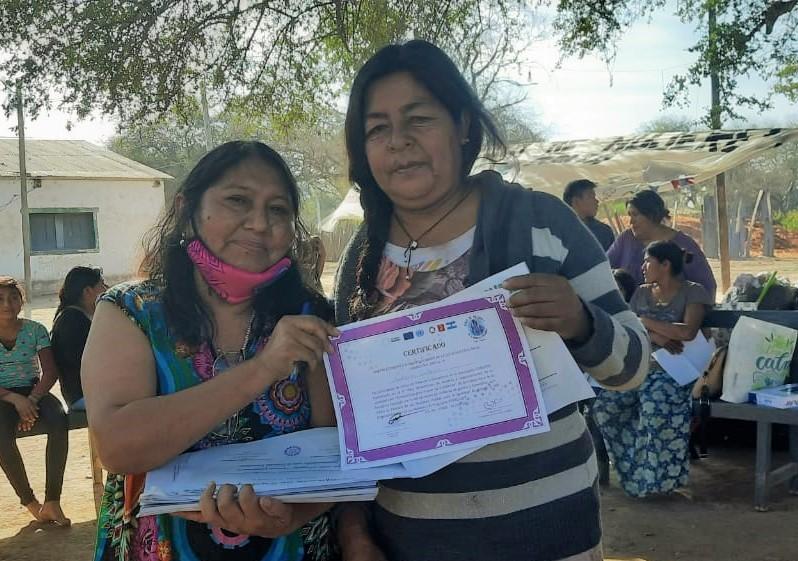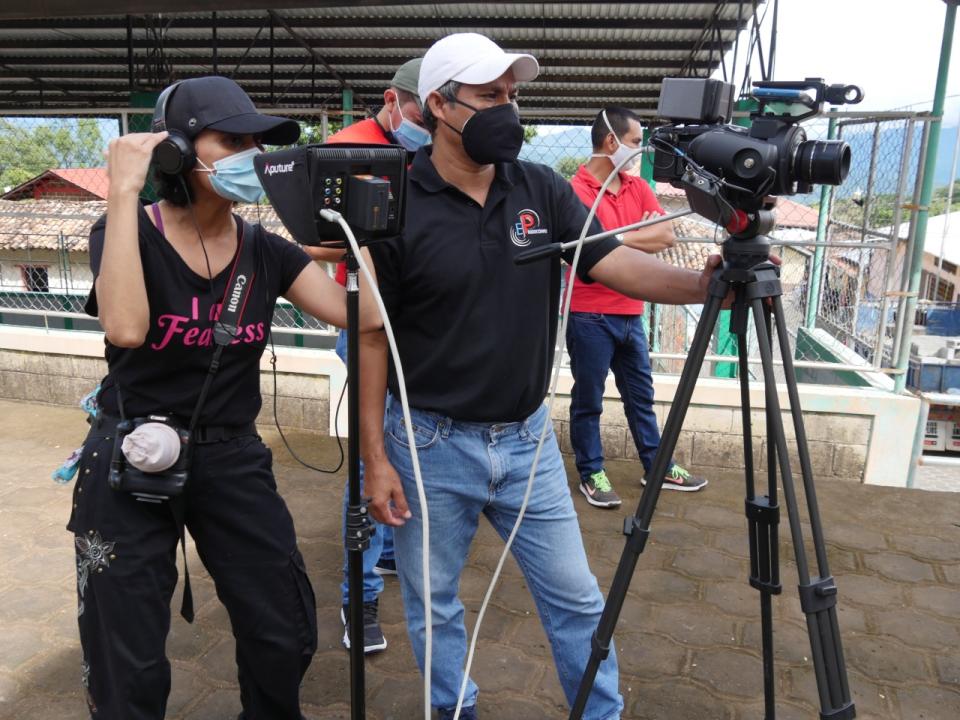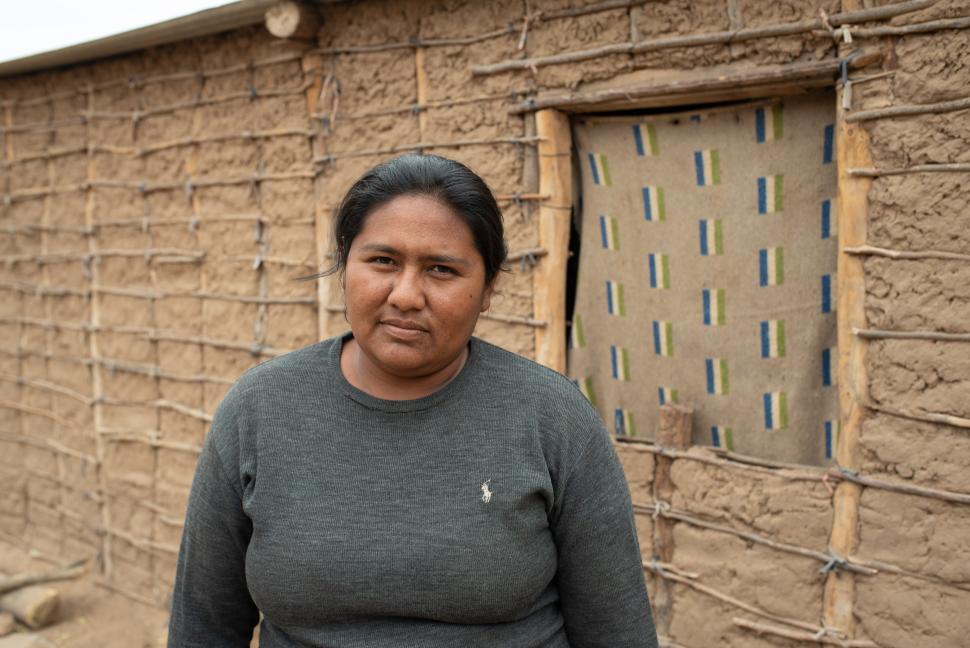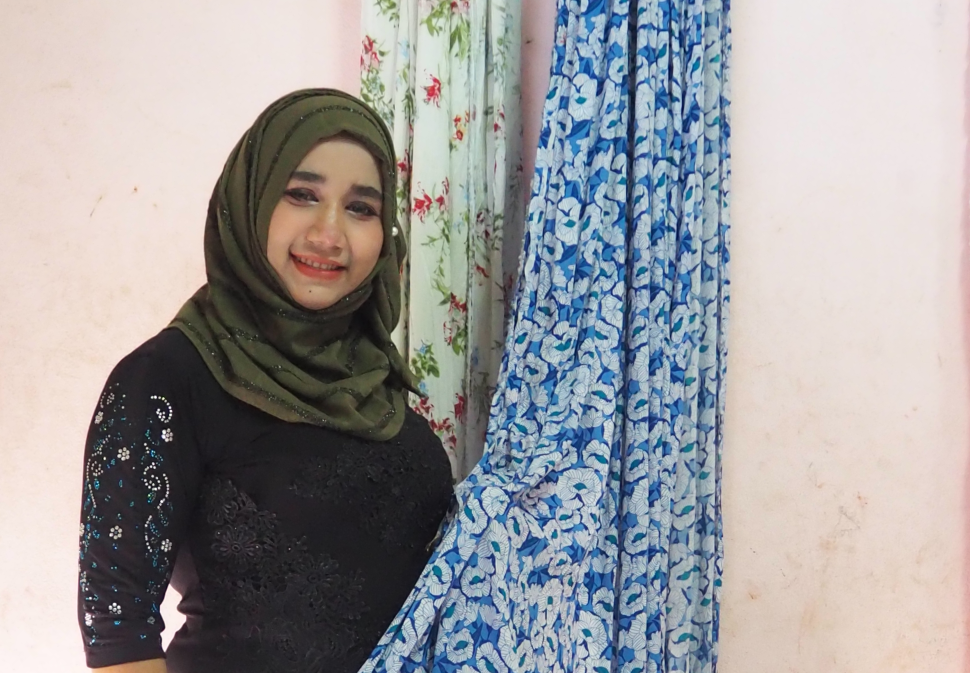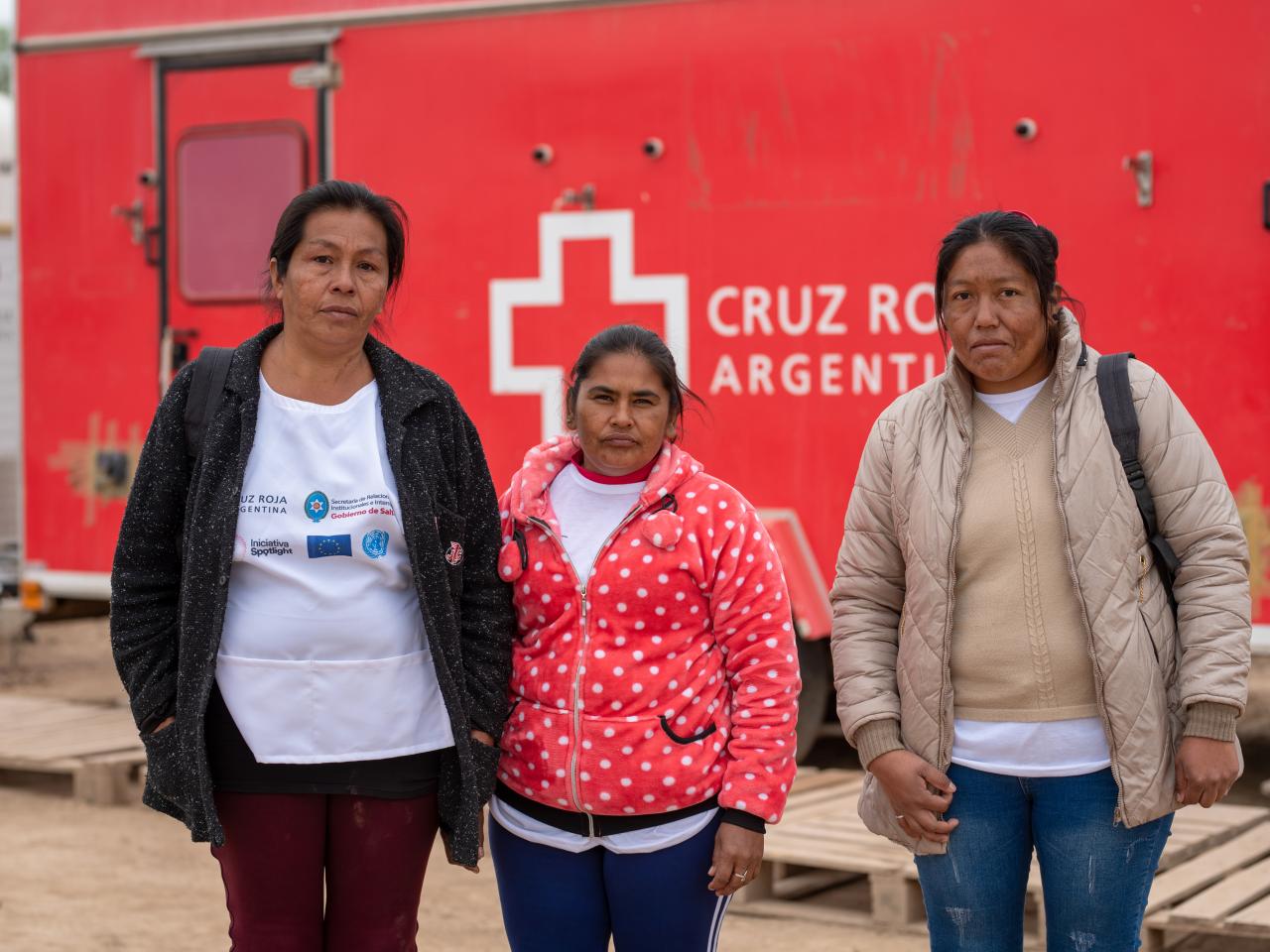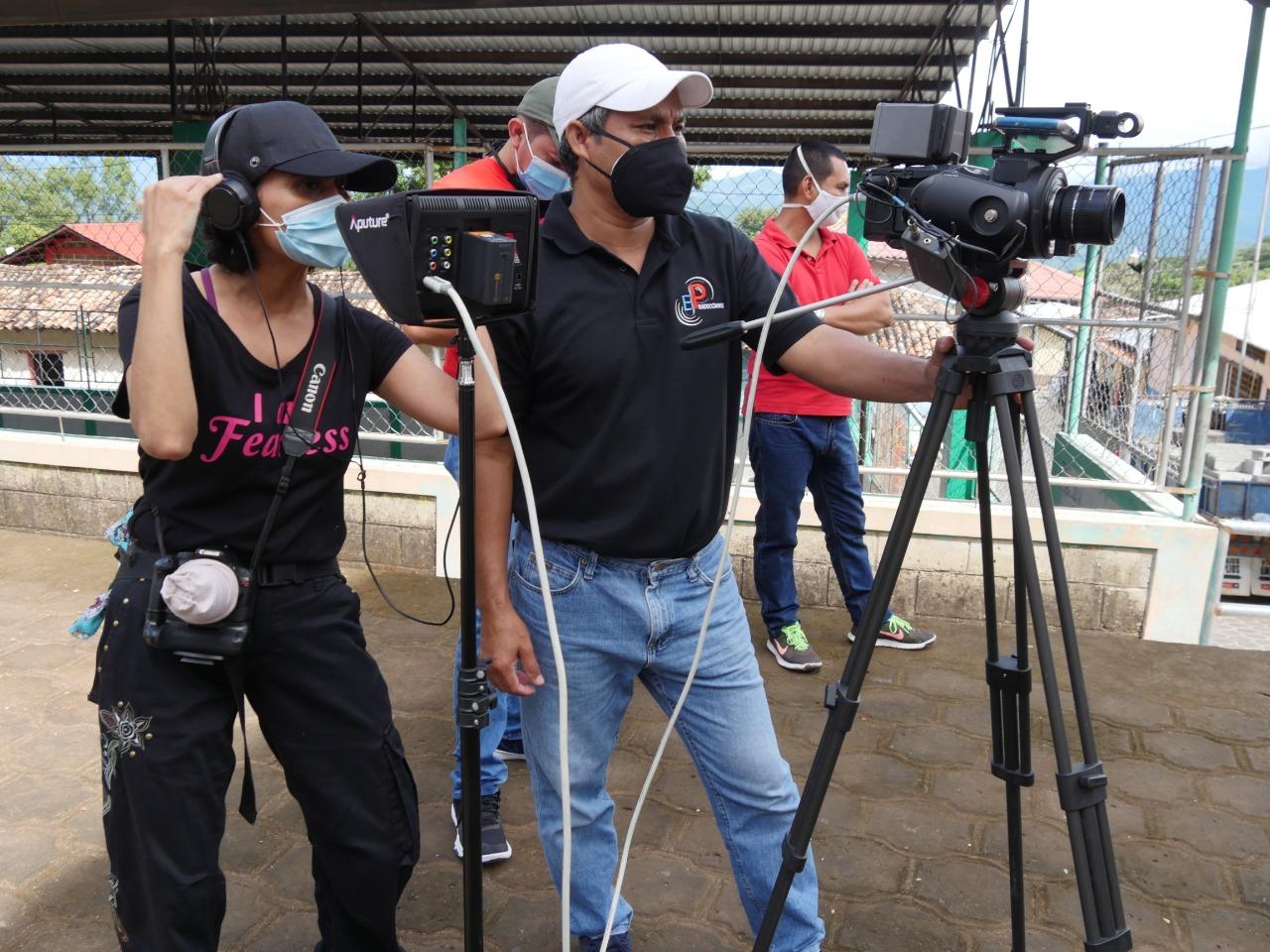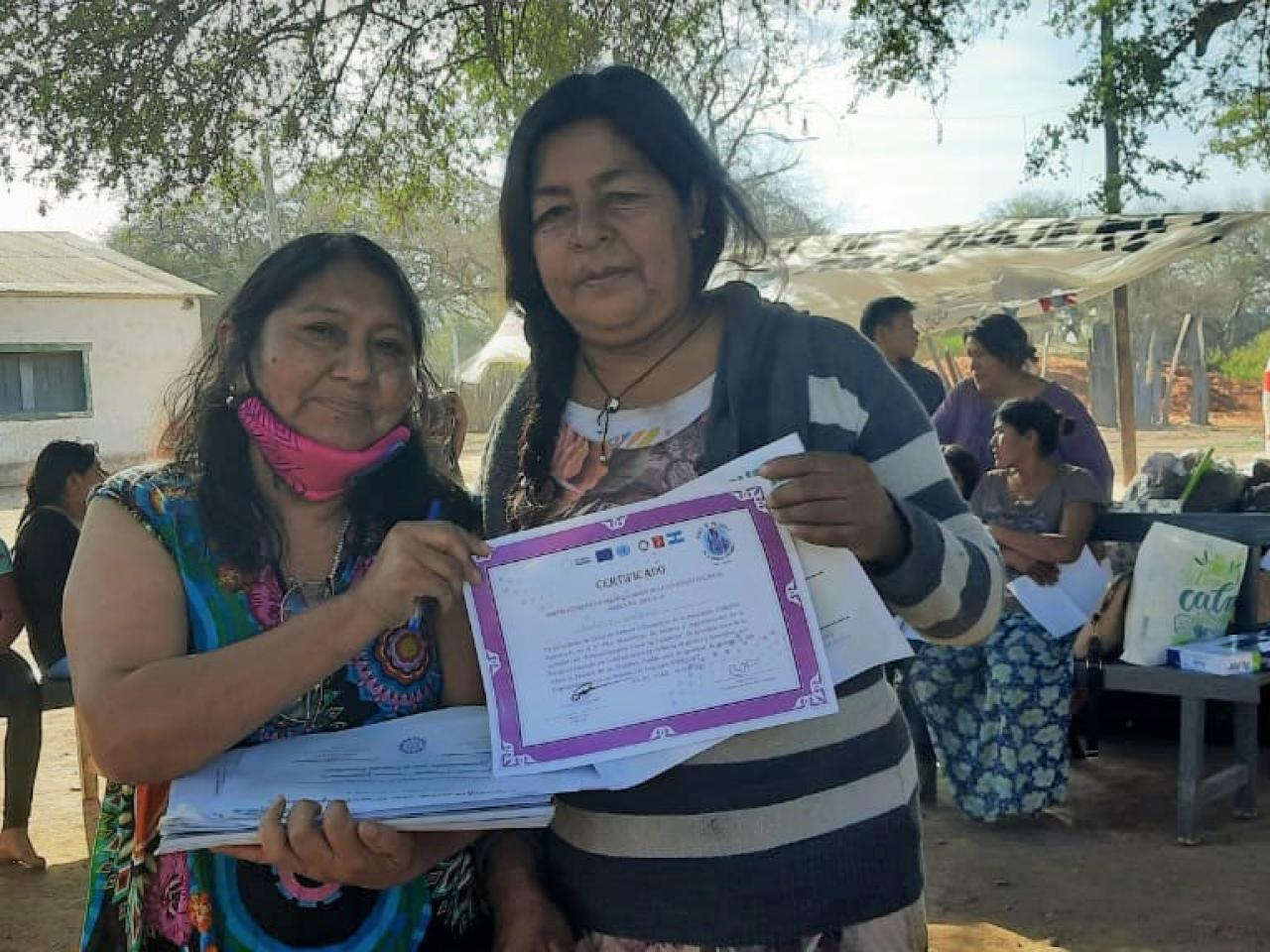The indigenous women leading efforts to end gender-based violence around the world
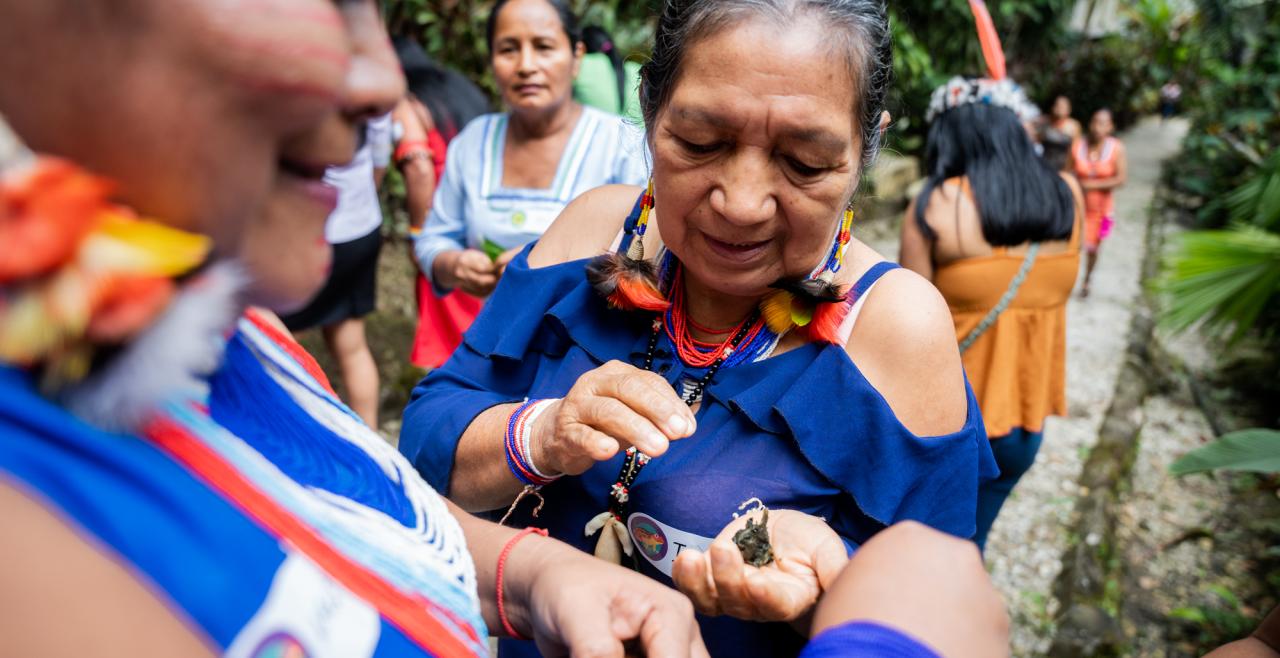
One in three women globally will experience physical or sexual violence in her lifetime but for indigenous women, that reality is even more stark.
In the United States, the National Institute of Justice found that 84 per cent of Indigenous American women have experienced some form of violence in their lifetimes, while in Canada, indigenous women are almost seven times more likely to be murdered than non-indigenous women. Similarly, The World Bank estimates that six in ten indigenous women in Ecuador have experienced violence. In fact, indigenous women and girls around the world face systematic violence that permeates every aspect of their lives, according to reports by the UN Special Rapporteur on Violence against Women. This is rooted in historic and unequal patriarchal power structures, racism, exclusion and marginalization caused by a legacy of colonialism.
But indigenous women and girls are leading the push to end gender-based violence. Some of these women share their stories below.
IRENE CARI, ARGENTINA
Irene Cari is part of the Movimiento de Mujeres Indígenas por el Buen Vivir (Movement of Indigenous Women for Good Living) and is the leader of Foro de Mujeres para la Igualdad de Oportunidades (Women’s Forum for Equal Opportunities). Spotlight Initiative supported the work of her organization to run bilingual training sessions in the Wichí indigenous communities in Salta Province covering information about health, rights and violence prevention.
“Getting information in their own languages is one of the many challenges that indigenous and rural women are facing during the COVID-19 pandemic,” she says. “Information to prevent the spread of the [Coronavirus] disease, and access health and other services, is distributed only in Spanish. This creates a barrier for indigenous people.”
“We promote community-based feminism because we know that even though our voices have been silenced at times, our role in our communities is key.”
MARIA CUJI, ECUADOR
"It is necessary for Kichwa women to know what violence is, what type of violence it is, and what we should do when we are victims of this type of violence,” says María Cuji, a Kichwa woman from Pastaza in Ecuador. She joined a Spotlight Initiative-supported meeting of more than 130 indigenous women leaders in Puyo. This meeting allowed women of different indigenous nationalities to share their experiences and skills in violence prevention. It also included a toolkit to help them continue this work within their communities.
“This project has helped us to focus on the fact that Amazonian women, Kichwa women, also have the capacity to defend ourselves,” she says.
KARLA DIAZ, HONDURAS
In Honduras, the Spotlight Initiative is working with the Honduran Filmmakers Collective to showcase the work of marginalized female filmmakers as part of its efforts to address and prevent violence against women and girls. Indigenous filmmaker Karla Díaz’s short film ‘Cadenas’ (Chains) explored the issue of physical and sexual violence against indigenous women, but also violence against the environment.
“Indigenous women suffer from the violence of the system in all its magnitude: gender-based violence, sexual violence, social violence, economic and therefore political violence, the loss of our ancestral customs and knowledge,” explains Ms. Diaz. “Defending the environment is not only about the environment itself. It involves our territorial struggles and our ancestral customs… Taking away the lands that ancestrally belonged to us takes away our right to a dignified life, to food, to the knowledge that has been passed down from generation to generation.”
She hopes that her work will help spark a dialogue around these issues. “I believe that art can contribute a lot; we can increase awareness and share valuable information.”
ANA CLARA, ARGENTINA
“I see husbands mistreat women. There are young girls and adolescents who also suffer,” says Ana Clara, Cacica (leader) of the Wichi community Six Brothers. “I sometimes explain it to my community. I tell them that it doesn't have to be like that.”
Ana Clara is one of 100 women in Salta who has been trained as a ‘local promoter’ to share information on gender-based violence and sexual, and reproductive health and rights within her community. Spotlight Initiative is working with UNFPA, the government of Salta and the SCO Red Cross to run awareness-raising workshops that cover how to identify cases of violence, including sexual violence and the exploitation of women and children; how to make a safe referral to the relevant services; and how to follow up on cases. They also focus on contraceptive methods and the prevention of STIs.
NUREEN*, THAILAND
Nureen* is a Mon woman who migrated from Myanmar to Thailand, where she experienced domestic violence for more than ten years. She sought help from her community leaders and filed police reports several times, however, it did not stop the violence. When Nureen* was assaulted by her then husband earlier this year, she was admitted to Mae Sot Hospital for medical treatment and referred to the Gender-based Violence (GBV) Task Force. Supported by the Spotlight Initiative's Safe and Fair Programme, the task force provided psychosocial and legal assistance, among other essential services. This led to a court protection order being granted that guarantees safety for Nureen and her children. Now an entrepreneur, she is full of hope for a better life.
“The work of GBV Task Force has changed my life a lot as I feel safer and dare to go to work, to pick up children from school and am not afraid of being harassed by my ex-husband,” she says.
“I would like to send my heartfelt support to all women who experience violence to be strong and to tell them not to be afraid or lose hope. Every woman can be empowered. Women and men, regardless of their gender, have equal potential and are entitled to the same rights. As a single mother of five children who came out of a violent relationship, I would like to reaffirm that women are strong, self-reliant and able to raise children by themselves. I am stronger today, my children are happier than ever before.”
*Name changed to protect privacy.

